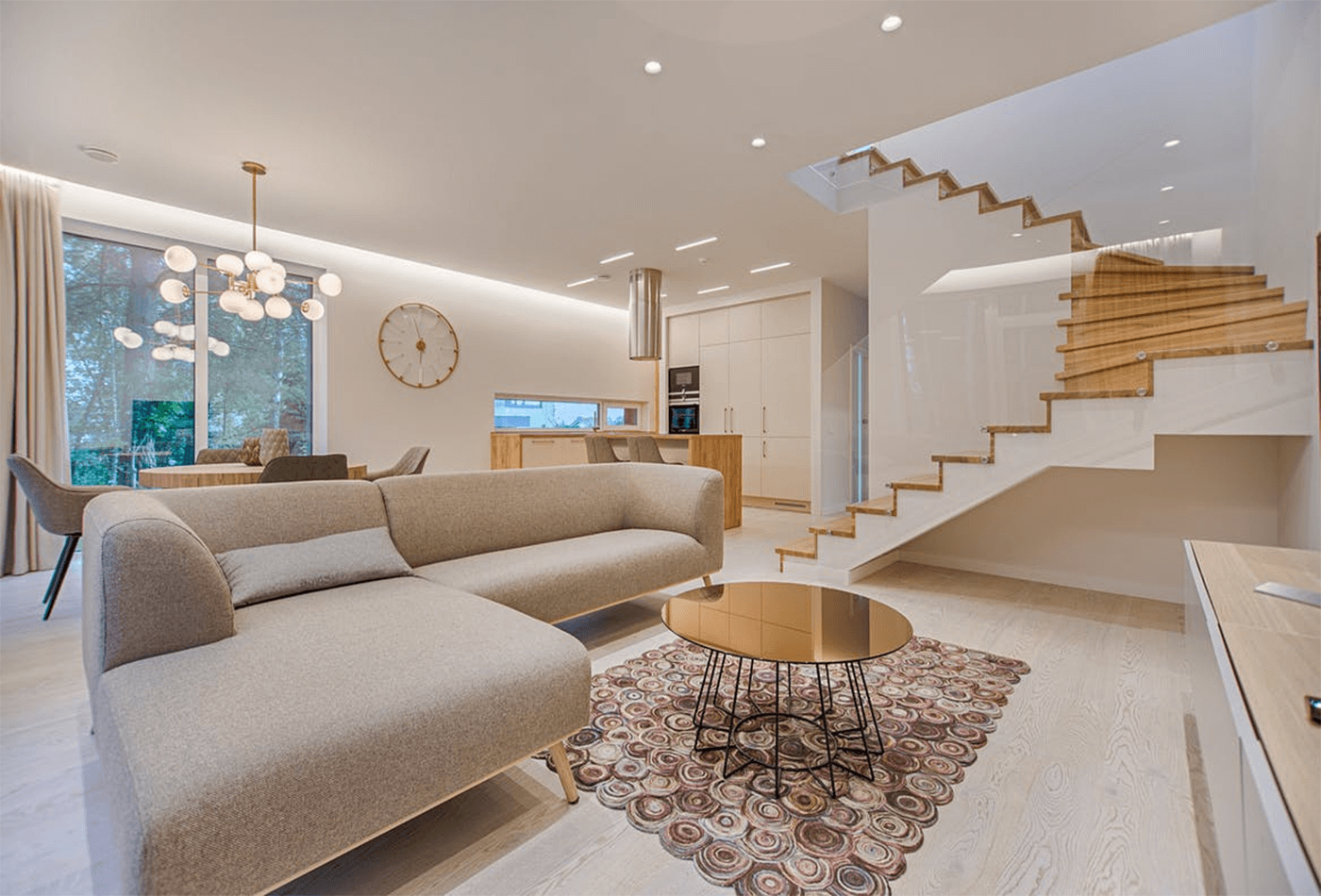Experience miami luxury interior design crafted by experts.
Experience miami luxury interior design crafted by experts.
Blog Article
Change Your Home With Necessary Principles of Inside Style and Looks
By comprehending the effect of shade theory and the value of appearance and patterns, one can develop spaces that are not just aesthetically appealing yet additionally deeply individual. Accomplishing this equilibrium entails more than plain decoration; it includes a strategic arrangement and a keen understanding of exactly how each component interacts within an area.
Recognizing Color Concept
Recognizing the principles of color theory allows developers to create rooms that reverberate psychologically with residents while fulfilling useful demands. Each classification plays a crucial role in developing consistency within a space.
The mental effect of shades is extensive; warm tones such as reds and oranges evoke power and heat, while awesome tones like blues and environment-friendlies advertise peace and harmony. The use of corresponding shades enhances visual interest, creating striking contrasts that can raise an area's allure.
Neutral colors, on the other hand, act as a functional background, permitting other layout elements to beam. It is necessary to consider variables such as lights and the room's purpose when selecting a shade palette, as these can change the perception of shades throughout the day.
Inevitably, a well-considered color design can transform a room, promoting a sense of comfort and design that straightens with the residents' choices. Mastery of shade theory is, therefore, a vital skill for any type of interior developer aiming to produce harmonious and inviting atmospheres.
Achieving Equilibrium in Style
Exactly how can designers attain a feeling of stability in their spaces? Accomplishing equilibrium in style is fundamental to producing unified insides.
Unbalanced equilibrium, on the other hand, relies upon differing aspects that still attain a cohesive appearance. This method permits even more vibrant and informal plans, offering passion while preserving balance. By meticulously selecting varying dimensions, colors, and structures, designers can develop a visually compelling area that feels balanced yet energetic.
Radial equilibrium stresses a central centerpiece with aspects radiating outward. This style is frequently seen in round designs, where furniture and style develop a cohesive border that attracts the eye inward.
Ultimately, accomplishing balance requires thoughtful factor to consider of scale, proportion, and the relationships in between aspects. miami luxury interior design. By skillfully using these equilibrium principles, designers can change spaces into environments that feel both aesthetically pleasing and functionally unified, enhancing the general experience for occupants
Importance of Spatial Awareness

A keen sense of spatial awareness allows developers to determine focal factors within a room, assisting the customer's focus to essential functions while maintaining a total sense of unity. It likewise aids in the visit this web-site calculated positioning of illumination, which can dramatically affect the assumption of space and state of mind. Furthermore, recognizing spatial partnerships allows the developer to accommodate the specific requirements of occupants, making certain that each location serves its desired purpose without endangering aesthetic appeals.
Ultimately, spatial understanding is important for optimizing the possibility of any type of indoor space. By meticulously considering the interaction in between dimensions, design, and function, developers can produce environments that not just satisfy practical needs however also stimulate a sense of convenience and beauty, improving the overall living experience.
Including Texture and Patterns
Accepting a varied range of appearances and patterns go to this site can dramatically boost the aesthetic and tactile charm of an indoor space. The critical use numerous materials-- such as timber, metal, material, and rock-- produces deepness and rate of interest, making a room feel a lot more inviting and vibrant. Incorporating smooth surfaces with harsh structures can develop an equilibrium that attracts the eye and engages the senses.
When incorporating patterns, take into consideration both scale and repetition. Big patterns can function as centerpieces, while smaller, refined styles can complement various other elements without overwhelming the room. Layering patterns, such as pairing floral pillows with candy striped throws, includes intricacy and a feeling of consistency if performed attentively.
It is additionally vital to maintain a natural color scheme, ensuring that textures and patterns work together instead than compete for focus. By picking a couple of crucial appearances and patterns, you can develop a combined visual that reflects your individual style while improving the overall setting of the space. Eventually, the cautious unification of these aspects can change a mundane area right into a sophisticated atmosphere abundant with personality and warmth.
Individualizing Your Room
Developing a room that shows your personality is important to achieving a really welcoming setting. Personalization in indoor style permits you to infuse your special design and interests into your home, transforming it from a plain shelter right into a haven that talks to who you are. Begin by selecting a color combination that resonates with your emotions-- strong colors can energize, while soft best site tones provide tranquility.
Incorporate art work and style that mirror your interests, whether it be travel, nature, or abstract concepts. Showing personal collections, such as publications, pictures, or keepsakes, can evoke cherished memories and create focal factors within a space. In addition, take into consideration tailoring practical items, like upholstered furnishings, to straighten with your aesthetic preferences.

Verdict
In conclusion, the makeover of a home with the important concepts of interior decoration and looks requires a detailed understanding of shade theory, balance, spatial understanding, appearance, and personalization. Each aspect adds substantially to developing an unified and practical living environment - interior design firms. By attentively integrating these principles, people can boost the visual allure and emotional vibration of their spaces, eventually cultivating a home that mirrors one-of-a-kind identities while offering comfort and usefulness
Report this page